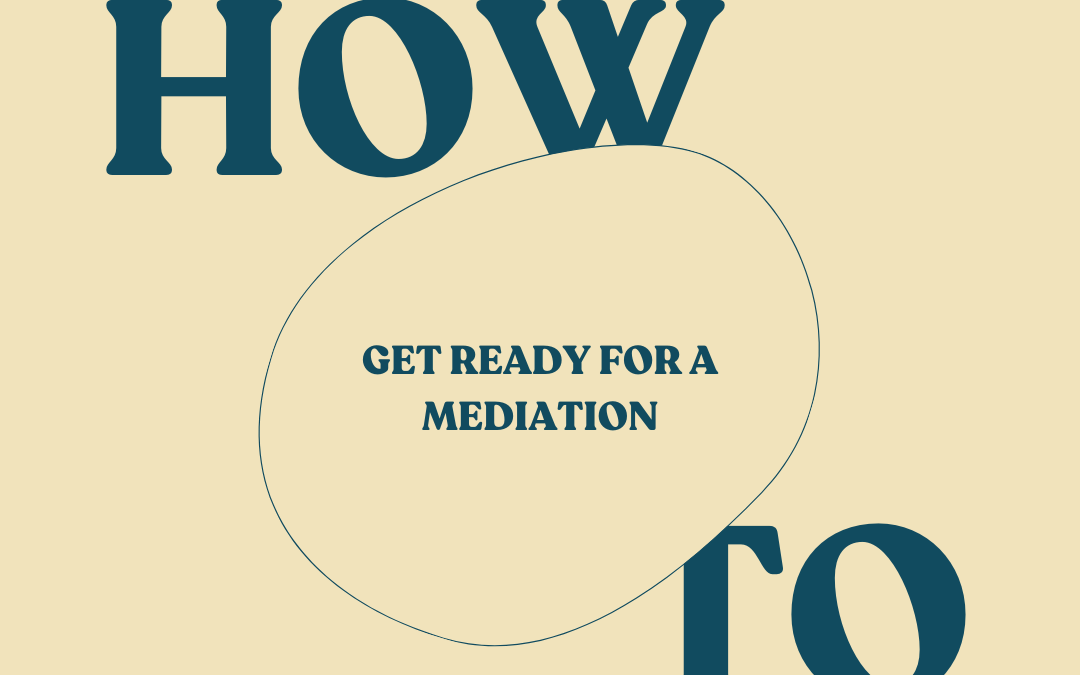
by Meg S | Jan 29, 2025
As Valentine’s Day approaches, love is in the air—but so are the everyday challenges that come with relationships. While romantic gestures and heartfelt gifts are meaningful, the foundation of a strong relationship lies in effective communication and conflict resolution. Disagreements are natural in any partnership, but how couples navigate them can make all the difference in maintaining a healthy and lasting bond.
One of the most valuable skills for resolving relationship conflicts is active listening. Instead of focusing on rebutting a partner’s point, truly hearing their perspective can lead to greater understanding and empathy. Using “I” statements—such as “I feel hurt when…” rather than “You always…”—can also prevent defensiveness and encourage open dialogue. Additionally, setting aside time to discuss issues calmly, rather than addressing them in moments of anger or frustration, can lead to more productive conversations.
Another essential technique is finding common ground. Rather than seeing conflicts as a battle to be won, couples can approach them as a team, seeking solutions that benefit both partners. This might mean compromising on small issues or agreeing to disagree on matters that don’t impact the core of the relationship. The goal is not to avoid conflict altogether but to handle disagreements in a way that strengthens trust and understanding.
For couples struggling to find common ground, mediation can offer a neutral space to work through disputes with the guidance of a trained professional. Whether it’s disagreements over finances, parenting styles, or long-term goals, mediation provides structured conversations that promote resolution and mutual understanding. In fact, many couples who seek mediation before conflicts escalate find that it strengthens their relationship rather than weakens it.
This Valentine’s season, in addition to celebrating love, consider investing in the tools that foster a resilient relationship. By prioritizing healthy communication and seeking support when needed, couples can navigate disagreements with respect and care—ensuring that love lasts well beyond February 14th.

by Meg S | Aug 28, 2024
Mediation is a great way to resolve conflicts without going to court. Whether you’re dealing with a workplace issue, a family disagreement, a housing conflict, or a business dispute, being prepared can make all the difference. Here’s how you can get ready for your mediation session.
Mediation is a process where a neutral person (the mediator) helps both sides talk things through and find a solution. The mediator won’t decide who’s right or wrong—they’re there to help you communicate and come to an agreement (if you so choose).
2. Set Your Goals
Think about what you really want out of this mediation. What’s most important to you? Knowing your goals will help you stay focused during the session.
3. Gather Your Documents
Get all the paperwork that relates to the dispute—contracts, emails, receipts, whatever might help your case. Have it organized and ready to go.
4. Understand Your Rights
Make sure you know your rights and any legal responsibilities related to the issue. If you’re unsure, consider talking to a lawyer before the session so you’re not caught off guard.
5. Be Ready to Listen and Talk
Mediation is about communication, so be ready to listen to the other side and clearly explain your own views. Keep calm and respectful, even when things get tense.
6. Think About Compromise
Mediation usually involves some give-and-take. Think about what you might be willing to compromise on to reach a solution that works for both sides.
7. Keep Emotions in Check
It’s natural to feel emotional but try to stay calm and collected during the session. If things get heated, take a deep breath before responding.
8. Talk to Your Mediator
If you’re unsure about how the process works, don’t hesitate to ask your mediator. Knowing what to expect can help ease any nerves.
9. Visualize a Win-Win Outcome
Imagine leaving the session with a solution that feels good to everyone involved. A positive mindset can help you stay focused on finding a resolution.
10. Plan for the Next Steps
Think about what you’ll do after the mediation. How will you put the agreement into action? Planning ahead can help make sure the solution sticks.
In a Nutshell
Being prepared for mediation means understanding the process, knowing what you want, and being open to finding a middle ground. With these tips, you’ll be ready to approach your session with confidence and work toward a positive outcome.
Schedule a mediation now?



